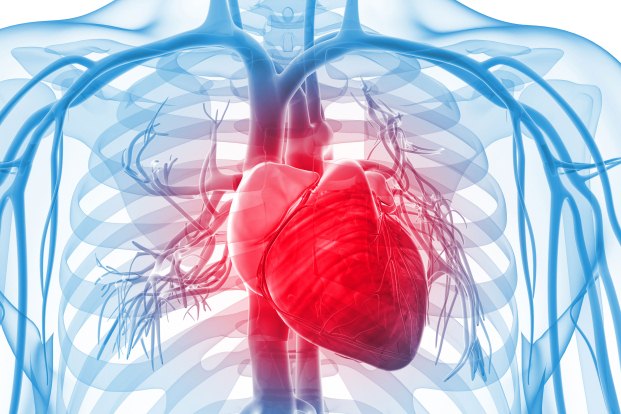Categories
- Bariatric Surgery (11)
- Black Fungus (5)
- Bone Marrow transplant (3)
- Brain Tumor Surgery Navigation Technology (20)
- Cardiac Surgery (66)
- Cardiology (97)
- Computer navigation technology for joint replacements (20)
- Covid Vaccination (17)
- Critical Care (2)
- Dental (19)
- Dermatology (31)
- Dialysis Support Group - “UTSAAH” (11)
- Dietitian (33)
- Emergency Medicine (4)
- Emotional Health (11)
- Endocrinology (33)
- ENT (20)
- Gastroenterology and GI Surgery (53)
- General and Laparoscopic Surgery (21)
- General Surgery (4)
- Gynecology & Obstetrics (183)
- Hematology (20)
- Internal Medicine (294)
- Kidney Transplant (50)
- Kidney Transplantation (20)
- Lung Cancer (8)
- Minimal Invasive Surgery (1)
- Mother & Child (20)
- mucormycosis (5)
- Nephrology (61)
- Neurology (147)
- Neurosurgery (68)
- Nutrition and Dietetics (107)
- Omicron Variant (1)
- Oncology (288)
- Ophthalmology (10)
- Orthopaedics & Joint Replacement (86)
- Paediatrics (59)
- Pediatric Nephrology (3)
- Physiotherapy (5)
- Plastic & Reconstructive Surgery (6)
- Psychiatry and Psychology (90)
- Psychologist (28)
- Pulmonology (72)
- Rheumatology (13)
- Spine Services (21)
- Transradial Angioplasty (16)
- Urology (84)
Query Form
Posted on Apr 19, 2022
Stroke and our Heart
A stroke could be lethal. If anyone gets a stroke their attendant shall immediately call for an ambulance from a cardiac hospital. A stroke occurs when the supply of blood to a part of our brain is cut off and this causes our brain cells to either die or get damaged. In India, more than 1 million cases of stroke occur and it is a leading cause of death and disability in our country. Moreover, complications and fatality also take place due to delay in medical treatment. The patient who has suffered a stroke needs immediate diagnosis, some imaging and lab tests and specialized medical care from a hospital that has neurological and cardiology support.

When should you call for an ambulance?
One should call for an ambulance immediately and act F.A.S.T. to identify these below mentioned signs-
- Facial weakness: Can the patient smile? Has their eye or mouth drooped?
- Arm weakness: Can the patient raise both their arms?
- Speech problems: Can the patient talk clearly and can he/she understand what we are saying?
- Time: It is the time that we call for an ambulance from a heart hospital right away.
Defining a Stroke
Strokes are similar to heart attacks apart from the fact that they affect our brain. Heart attacks occur when our blood is suddenly unable to reach to a part of our heart. Similarly, a stroke occurs when suddenly our blood cannot reach to a part of our brain.
During a stroke, the brain cells within the affected area of our brain get damaged due to the unavailability of oxygen which they require from our blood. This affects the functionality of our mind and our body.
Different types of Stroke:-
- Ischaemic strokes occur when the artery supplying blood to our brain gets blocked. For example: due to a blood clot.
- Haemorrhagic stroke refers to a condition wherein a blood vessel within our brain bursts and therefore, the pressure from the leaking blood damages our brain cells.
- Mini strokes, TIA or transient ischaemic attack, occur when a temporary problem takes place with the supply of blood to our brain. TIA does not lead to permanent damage to our brain and its symptoms generally pass in 24 hours time. However, it is often tough to differentiate a TIA from a stroke, therefore, if we find someone with a TIA we should right away dial for an ambulance to rescue the patient.



